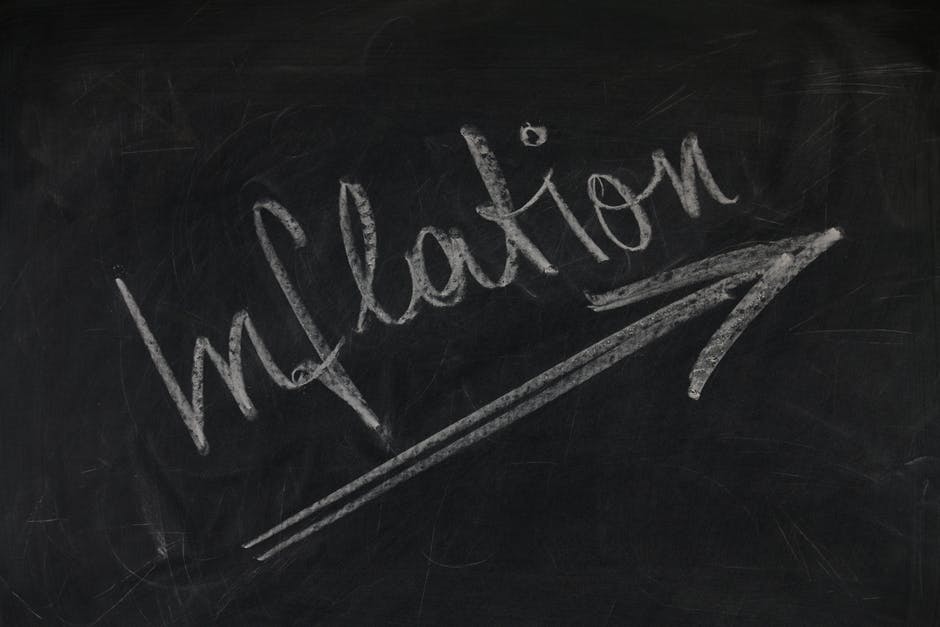
403
Sorry!!
Error! We're sorry, but the page you were looking for doesn't exist.
Top economists suggest that Trump's proposed policies might not be as inflationary
(MENAFN) A group of top economists, including former advisers to U.S. presidents, has suggested that President-elect Donald Trump's proposed policies—such as expanding tariffs, cutting taxes, and restricting immigration—might not be as inflationary as initially feared. However, these economists warned that Trump's efforts to influence the Federal Reserve could increase inflationary pressures, which contributed to the anger that fueled his election. As Trump's inauguration approaches, discussions at the American Economic Association conference in San Francisco focused on the uncertainty surrounding his economic agenda.
Trump will inherit a U.S. economy growing at a robust rate of around 3 percent, with inflation having significantly decreased and unemployment at a historic low of 4.2 percent. His plans include imposing tougher tariffs on China, Mexico, Canada, and the European Union, which could raise prices on imported goods. He also aims to extend expiring tax cuts and potentially introduce new breaks that could drive demand, complicating efforts by the Fed to manage inflation. Trump's immigration policies could reduce the labor force, possibly causing wage inflation. Despite these concerns, former Federal Reserve Chairman Ben Bernanke downplayed the potential inflationary effects of Trump's policies. Bernanke noted that most of the tax cuts set to expire were expected to be extended regardless of the election outcome, and there may be limited congressional support for further cuts due to rising national debt. He also said that while immigration restrictions could push wages up, they could also reduce consumer demand, easing price pressures. Bernanke acknowledged the uncertainty surrounding tariffs but stated that their impact would likely not drastically alter inflation trends unless there were extraordinary circumstances.
Some economists, including Christina Romer, former adviser to President Obama, echoed Bernanke’s view, stating that Trump’s policies would likely not lead to major changes in the economy. However, they did raise concerns about Trump’s potential interference with the Fed’s efforts to control inflation. Romer warned that such interference could have significant repercussions, though she considered it unlikely to result in widespread financial turmoil. Harvard economist Jason Furman expressed more concern, suggesting that even if Trump did not influence Fed policy directly, his actions could set the stage for future presidents to undermine the Fed’s independence.
Trump will inherit a U.S. economy growing at a robust rate of around 3 percent, with inflation having significantly decreased and unemployment at a historic low of 4.2 percent. His plans include imposing tougher tariffs on China, Mexico, Canada, and the European Union, which could raise prices on imported goods. He also aims to extend expiring tax cuts and potentially introduce new breaks that could drive demand, complicating efforts by the Fed to manage inflation. Trump's immigration policies could reduce the labor force, possibly causing wage inflation. Despite these concerns, former Federal Reserve Chairman Ben Bernanke downplayed the potential inflationary effects of Trump's policies. Bernanke noted that most of the tax cuts set to expire were expected to be extended regardless of the election outcome, and there may be limited congressional support for further cuts due to rising national debt. He also said that while immigration restrictions could push wages up, they could also reduce consumer demand, easing price pressures. Bernanke acknowledged the uncertainty surrounding tariffs but stated that their impact would likely not drastically alter inflation trends unless there were extraordinary circumstances.
Some economists, including Christina Romer, former adviser to President Obama, echoed Bernanke’s view, stating that Trump’s policies would likely not lead to major changes in the economy. However, they did raise concerns about Trump’s potential interference with the Fed’s efforts to control inflation. Romer warned that such interference could have significant repercussions, though she considered it unlikely to result in widespread financial turmoil. Harvard economist Jason Furman expressed more concern, suggesting that even if Trump did not influence Fed policy directly, his actions could set the stage for future presidents to undermine the Fed’s independence.

Legal Disclaimer:
MENAFN provides the
information “as is” without warranty of any kind. We do not accept
any responsibility or liability for the accuracy, content, images,
videos, licenses, completeness, legality, or reliability of the information
contained in this article. If you have any complaints or copyright
issues related to this article, kindly contact the provider above.


















Comments
No comment